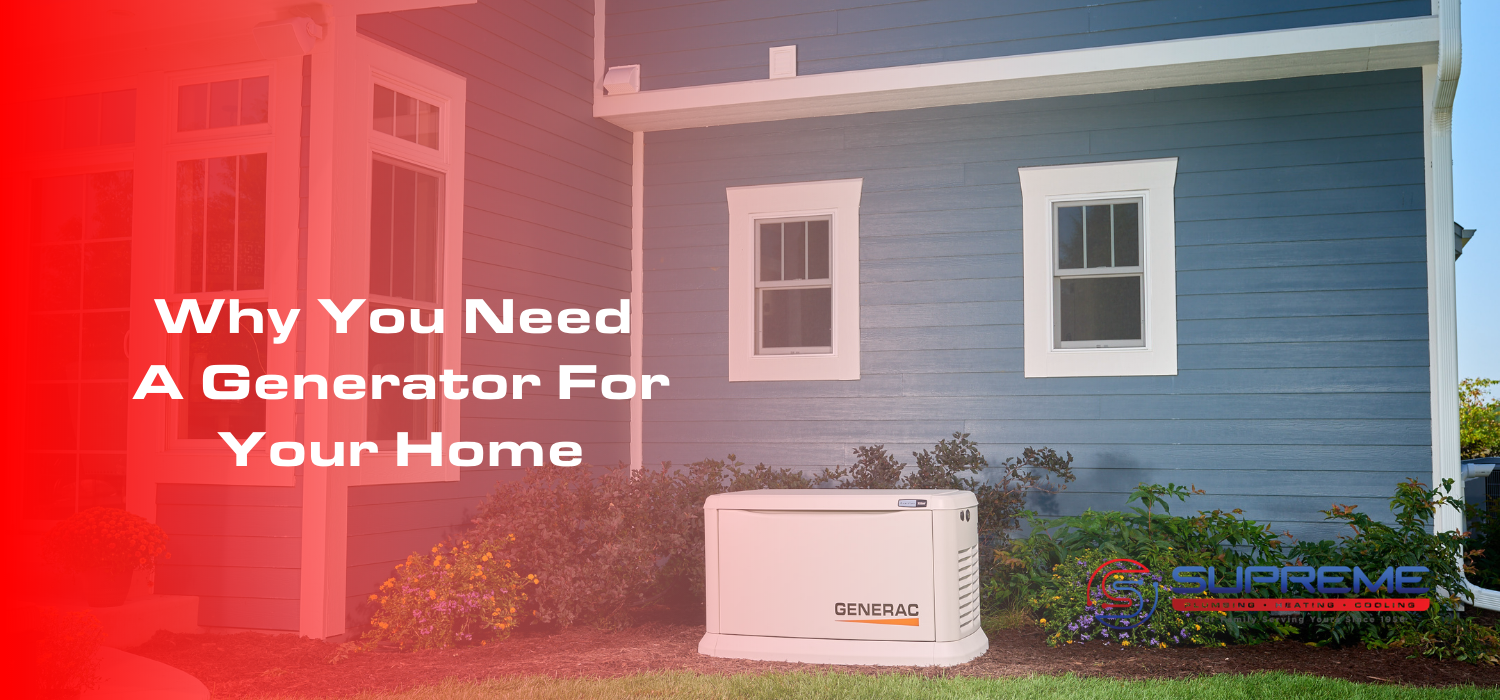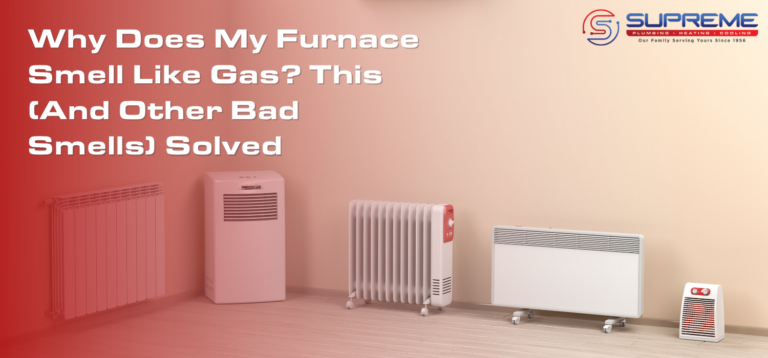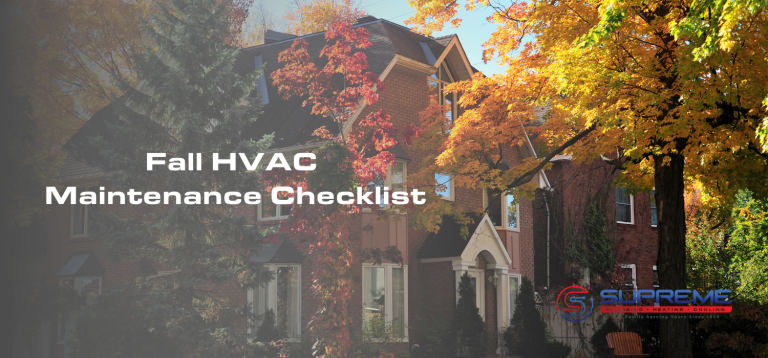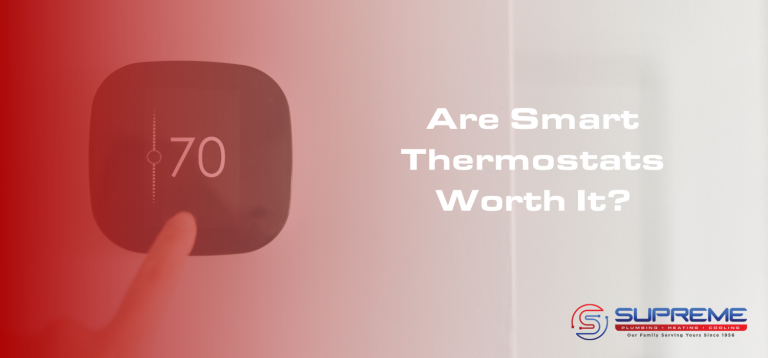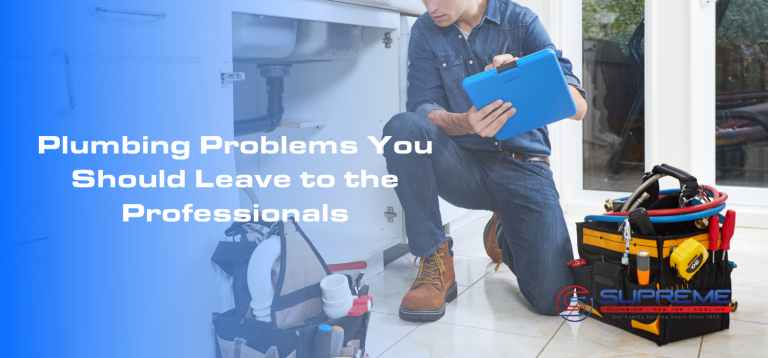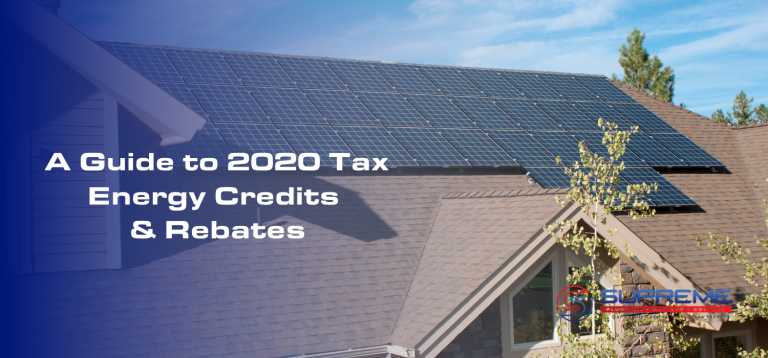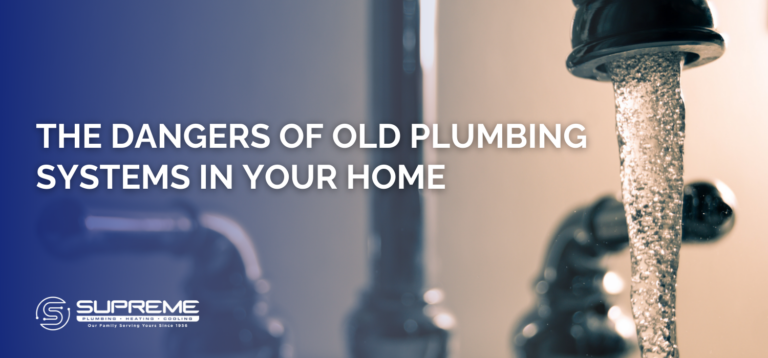Here in Indiana, we see our fair share of severe weather, and the power outages that result from them can be a major inconvenience. It can also lead to huge problems for your home as you rush to prevent food from spoiling, losing heat, and appliances from not working.
These power outages happen when you least expect it, so you must be prepared. Having a home generator is one way you can make sure your home is ready for any emergency. Keep reading to learn some of the benefits of having a generator for your home!
1. Keep Your Home Warm or Cool
Whether you’re in the middle of a snowstorm with negative temperatures outside, or experiencing a mid-summer thunderstorm, having the power to control your home’s heating and cooling systems is essential for comfort and safety.
2. Keep Your Sump Pump Working & Your Home Dry
If you rely on a sump pump to keep your home basement or crawlspace from flooding, don’t risk losing power and causing water damage to your home.
This is especially important because severe inclement weather, like heavy rain and storms, are more likely to cause outages.
3. Have Clean Drinking Water
In many rural Indiana areas that use well water, having a generator can help ensure that you can continue to have fresh, safe water during an outage.
It does this by making sure your pumps operate properly and filter water effectively.
4. Prevent Food from Spoiling
According to the FDA, perishable food items should be thrown out once your refrigerator has been without power for as little as 4 hours, and the food in your freezer is generally unsafe to eat after 48 hours.
A generator will help keep your essential appliances running and prevent your food from spoiling.
5. Power Essential Medical Equipment
If you or someone in your home relies on electricity to power essential medical equipment, having a generator is vital to ensure that these remain operating and can be lifesaving in the event of an outage.
Types of Generators
Generators offer different shapes, sizes, and brands– so how do you know what generator is right for you? Here are 2 of the most common types of residential backup generators people use.
Standby Generators
Standby generators can help give you and your family the peace of mind that your home will have power during a long-term outage or emergency. They automatically turn on when the power goes out.
Typically running on a natural gas line or liquid propane, they can generate enough power for all your home needs, including heating, cooling, lighting, cooking, and more, all at the same time.
Portable Generators
On the other hand, portable generators can serve as a backup for a home that needs basic power during a short outage. They’re the perfect example of how generators are not always just for emergency use.
Because of their smaller size and easy installation compared to standby generators, portable generators give you power on-the-go during your next camping trip, in the work shed powering up your electric tools, or powering the stereo during the next family BBQ.
Before deciding on a generator, it’s essential to know your needs to make the right choice. Are you looking to provide backup power for the occasional short-term outage?
A portable generator would be perfect. Or do you need something capable of powering your entire home for an extended period? Consider a standby generator with more power.
Get In Touch With a Generator Expert Today
Are thinking about installing a generator in your home? Supreme PHC can explain more benefits of having a generator and help protect your home with a top of the line Generac Generator.
Contact us to schedule an appointment!

